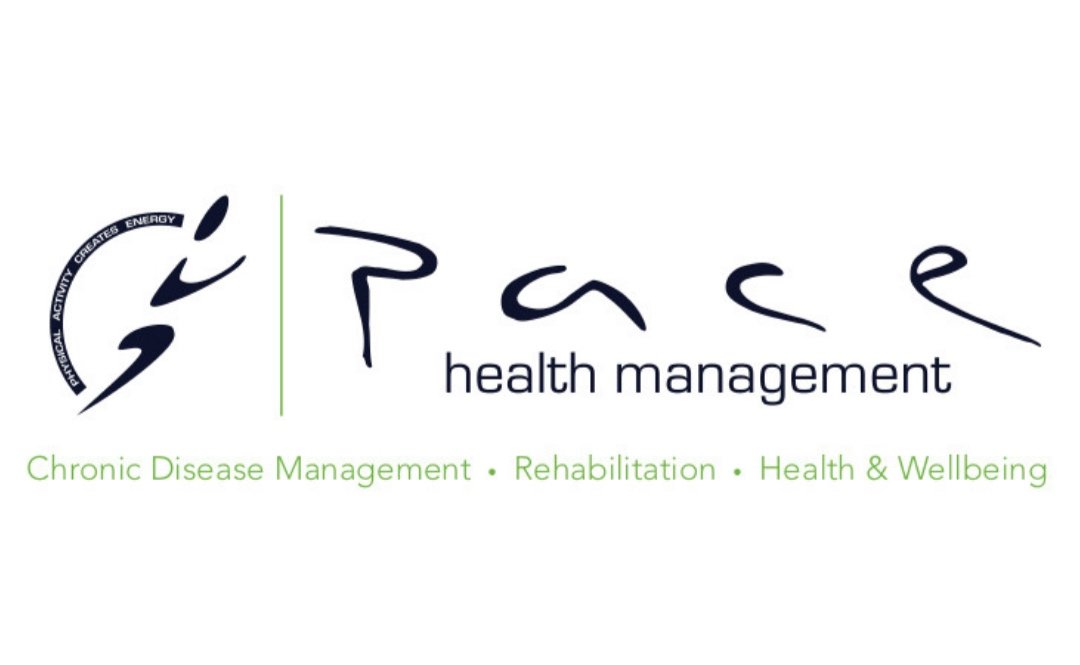Schizophrenia: The Benefits of Clinical Exercise Interventions
Schizophrenia is a complex mental health disorder that can lead to a range of deficits in physical, mental, and social functioning.
For those living with Schizophrenia, improvement in quality of life is thought to enhance a person’s ability to cope with the disorder.
Exercise has been shown to have the potential to help reduce the chance of death and morbidity (change of subsequent disease) gaps suffered by people with Schizophrenia. This point is critical, stating simply that those with Schizophrenia that take on ongoing exercise have a chance for meaningful improvement of both mental and physical improvements and even decreases the chance of death.
Those with the condition are more likely to move less than the general population, this means they are at greater risk of developing chronic medical conditions such as obesity and cardiovascular disease.
This combined with the impact anti-psychotic medications have on weight management, creates multiple challenges. With respect to mental health, exercise may support in reducing secondary symptoms of Schizophrenia such as depression, low self-esteem and social withdrawal. These benefits enable a much greater quality of life.
Exercise for those with Schizophrenia clearly shows multiple health benefits, however, those with the condition often struggle to engage in exercise.
This highlights the benefit of an exercise physiologist in providing ongoing support, guidance and motivation to ensure those with Schizophrenia complete the correct types and amounts of exercise for their individual needs and are able to enjoy the benefit,, maximising their health both mentally and physically.
If you are living with a mental health condition, talk to our team today to see how we can support you.
